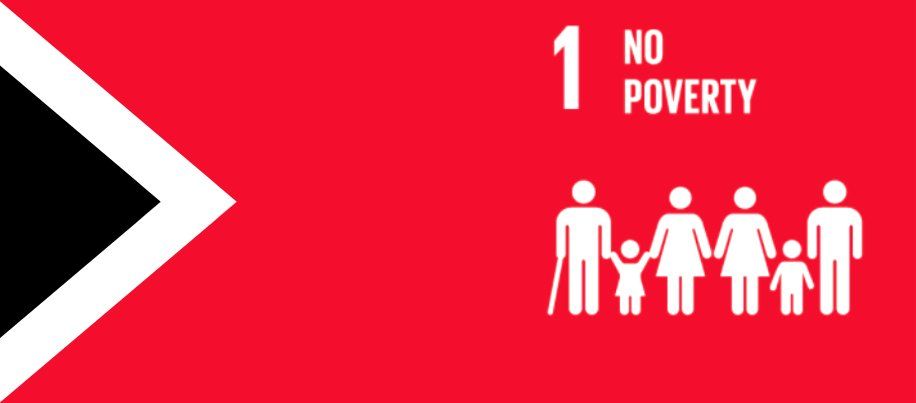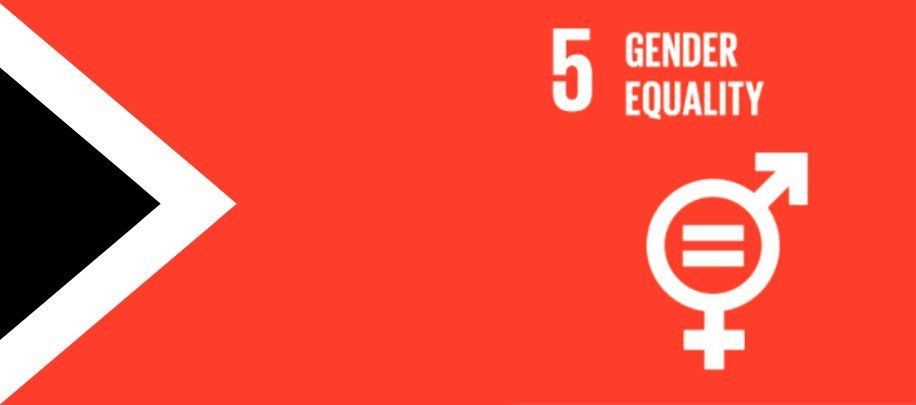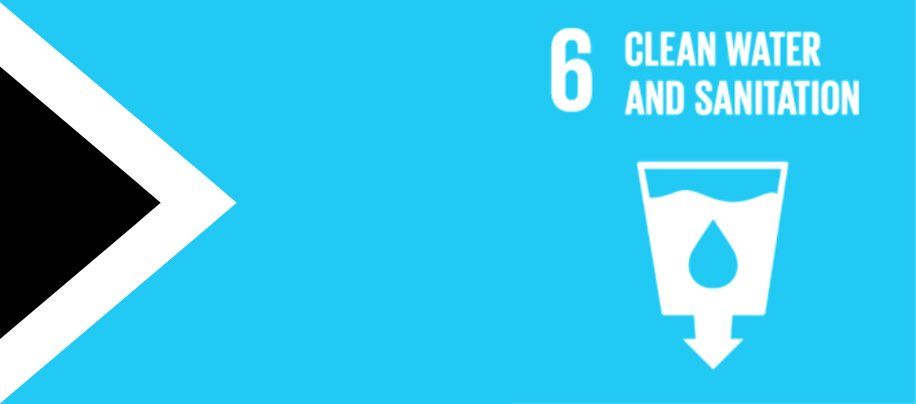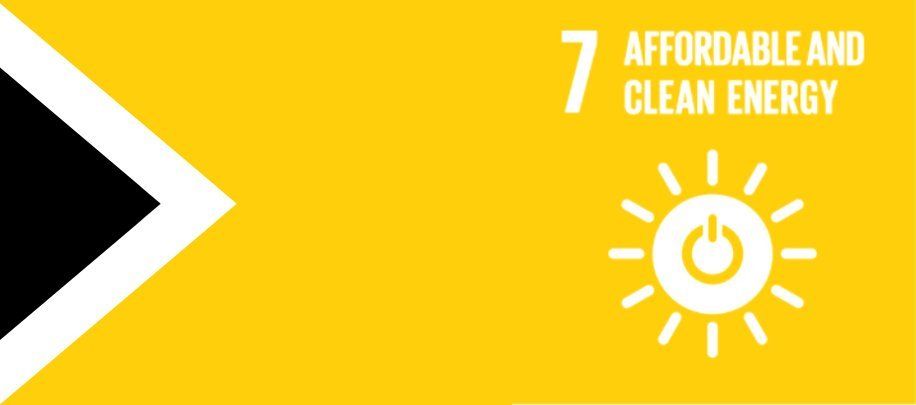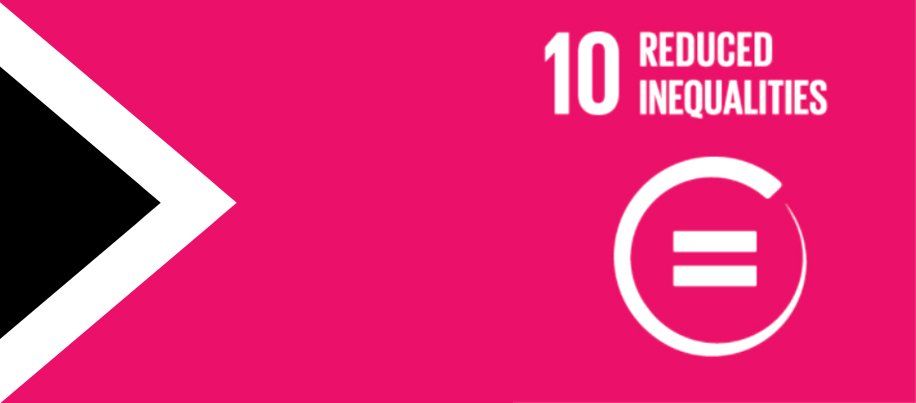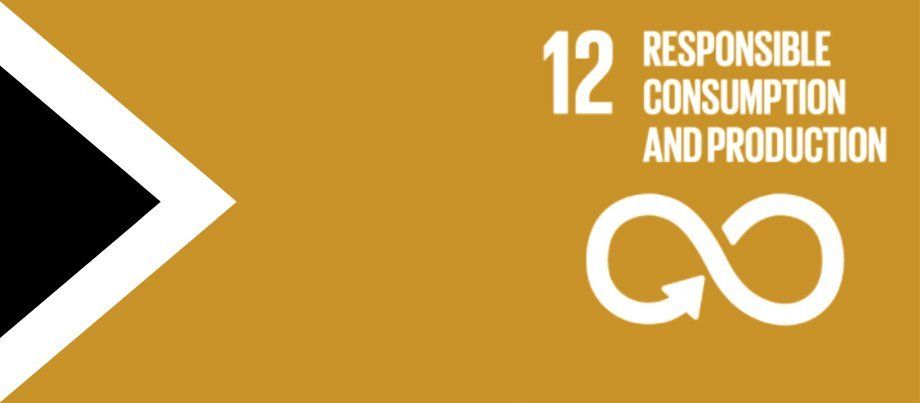“If the misery of the poor be caused not by the laws of nature, but by our institutions, great is our sin.”
- Charles Darwin, Voyage of the Beagle
In September 2015, the United Nations ratified the new Sustainable Development Goals (or SDGs ). The 17 global goals succeed the Millennium Villages Project Development Goals , forged in 2000. They provide a holistic framework, applicable to all countries, aiming to eradicate poverty and deprivation, but also to grow our economies, to protect our environment, and to promote peace and good governance.
NO POVERTY
End Poverty in All Forms Everywhere
Learn more about the UN sustainable development goals
NO POVERTY
End Poverty in All Forms Everywhere
ZERO HUNGER
End hunger, achieve food security & improved nutrition & promote sustainable agriculture
ZERO HUNGER
End hunger, achieve food security & improved nutrition & promote sustainable agriculture
If done right, agriculture, forestry and fisheries can provide nutritious food for all and generate decent incomes, while supporting people-centered rural development and protecting the environment.
Right now, our soils, freshwater, oceans, forests and biodiversity are being rapidly degraded. Climate change is putting even more pressure on the resources we depend on, increasing risks associated with disasters such as droughts and floods. Many rural women and men can no longer make ends meet on their land, forcing them to migrate to cities in search of opportunities. A profound change of the global food and agriculture system is needed if we are to nourish today’s 795 million hungry and the additional 2 billion people expected by 2050. The food and agriculture sector offers key solutions for development, and is central for hunger and poverty eradication.
HEALTH & WELL-BEING
Ensure healthy lives and promote well-being for all at all ages
HEALTH & WELL-BEING
Ensure healthy lives and promote well-being for all at all ages
QUALITY EDUCATION
Ensure inclusive and quality education for all and promote lifelong learning
QUALITY EDUCATION
Ensure inclusive and quality education for all and promote lifelong learning
GENDER EQUALITY
Achieve gender equality and empower all women and girls
GENDER EQUALITY
Achieve gender equality and empower all women and girls
CLEAN WATER & SANITATION
Ensure access to water and sanitation for all
CLEAN WATER & SANITATION
Ensure access to water and sanitation for all
AFFORDABLE & CLEAN ENERGY
Ensure access to affordable, reliable, sustainable and modern energy for all
AFFORDABLE & CLEAN ENERGY
Ensure access to affordable, reliable, sustainable and modern energy for all
ECONOMIC GROWTH
Promote inclusive and sustainable economic growth, employment and decent work for all
ECONOMIC GROWTH
Promote inclusive and sustainable economic growth, employment and decent work for all
INFRASTRUCTURE & INDUSTRIALIZATION
Build resilient infrastructure, promote sustainable industrialization and foster innovation
INFRASTRUCTURE & INDUSTRIALIZATION
Build resilient infrastructure, promote sustainable industrialization and foster innovation
REDUCED INEQUALITY
Reduce inequality within and among countries
REDUCED INEQUALITY
Reduce inequality within and among countries
SUSTAINABLE CITIES
Make cities inclusive, safe, resilient and sustainable
SUSTAINABLE CITIES
Make cities inclusive, safe, resilient and sustainable
SUSTAINABLE CONSUMPTION
Ensure sustainable consumption and production patterns
RESPONSIBLE CONSUMPTION
Ensure sustainable consumption and production patterns
CLIMATE ACTION
Take urgent action to combat climate change and its impacts
CLIMATE ACTION
Take urgent action to combat climate change and its impacts
Climate change is now affecting every country on every continent. It is disrupting national economies and affecting lives, costing people, communities and countries dearly today and even more tomorrow.
People are experiencing the significant impacts of climate change, which include changing weather patterns, rising sea level, and more extreme weather events. The greenhouse gas emissions from human activities are driving climate change and continue to rise. They are now at their highest levels in history. Without action, the world’s average surface temperature is projected to rise over the 21st century and is likely to surpass 3 degrees Celsius this century—with some areas of the world expected to warm even more. The poorest and most vulnerable people are being affected the most.
Affordable, scalable solutions are now available to enable countries to leapfrog to cleaner, more resilient economies. The pace of change is quickening as more people are turning to renewable energy and a range of other measures that will reduce emissions and increase adaptation efforts.


